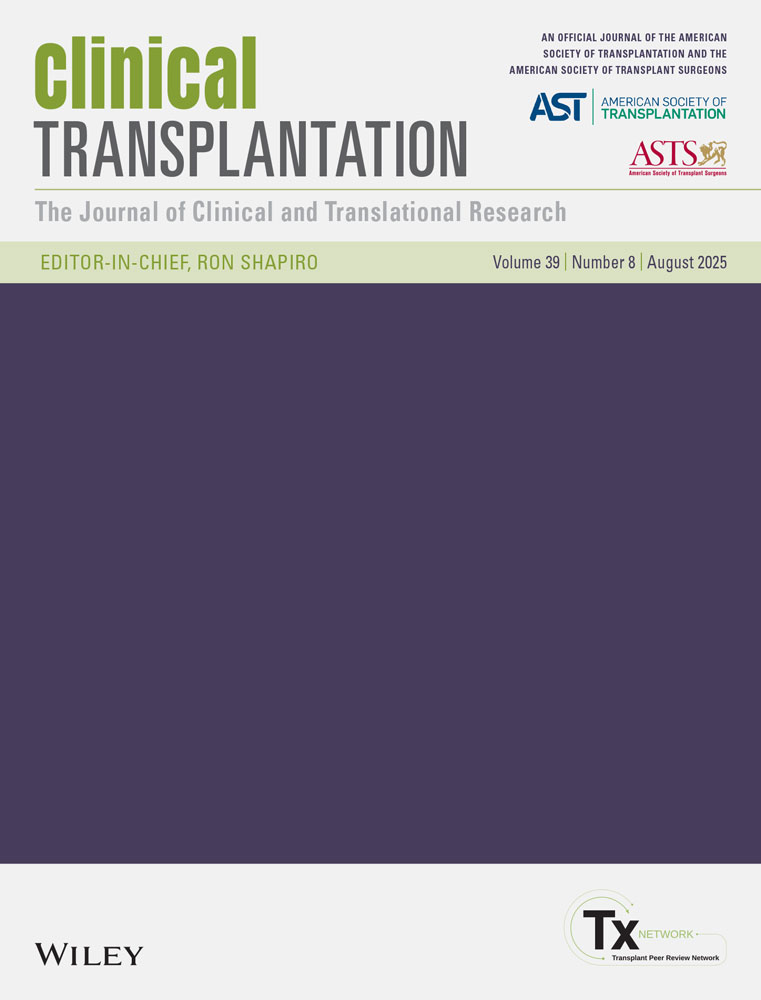A case of relapse of C-ANCA-associated glomerulonephritis in post-transplant patients
Abstract
We experienced a case of relapse of proteinase 3-specific antineutrophil cytoplasmic autoantibody (C-ANCA)-associated rapid progressive glomerulonephritis (RPGN) in a patient after renal transplantation. A 19-yr-old man, who underwent a living donor kidney transplantation, presented a rapid renal function deterioration along with a sign of infection. Initially he was treated as acute rejection, but renal function did not improve. Renal biopsy revealed crescentic glomerulonephritis, and C-ANCA titer was 12 EU/mL, resulting in the diagnosis of C-ANCA-associated RPGN. He was treated with three consecutive methylprednisolone pulses twice in addition to the basal immunosuppressive medications (cyclosporine A and mizoribine), then his renal function improved to normal. Bearing the possibility of recurrence of glomerulonephritis in mind, we re-evaluated the nature and disease course of renal failure of original kidney. He experienced a rapid deterioration of renal function in 1992, and eventually CAPD was started in 1992. His serum in 1992 revealed high titer of C-ANCA (24 EU/mL), and renal biopsy performed in 1992 showed a crescentic glomerulonephritis. Taken together, we diagnosed this event as a relapse of C-ANCA-associated GN. Lessons from our experience are: 1) steroid pulse and high-dose corticosteroid therapy may be useful for the treatment of relapse of C-ANCA-associated GN patients after renal transplantation; 2) the possibility of a relapse of C-ANCA-associated GN following renal transplantation has to be kept in mind, especially when infection precedes the deterioration of allograft kidney function.




